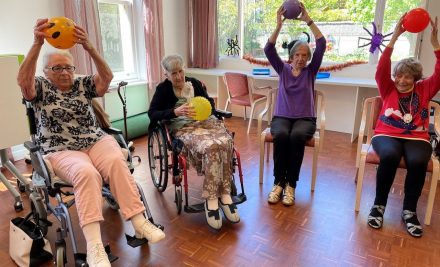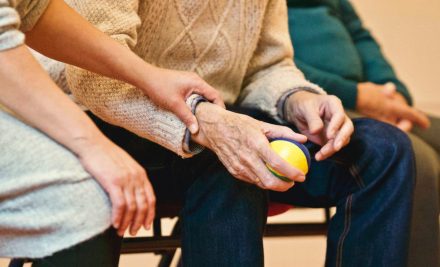Jun 13, 2023
What Do Palliative Care Nurses Do?
May 21, 2023
Continuation Of The Care Crisis In The UK
Apr 30, 2023
5 Reasons To Become A Carer
Mar 30, 2023
Spring Activities for Seniors
Mar 14, 2023
Understanding Angry Outbursts in Elderly Loved Ones
Feb 27, 2023
Why Are Care Homes Facing Staff Shortages?
Feb 08, 2023
Can Visa Sponsorship Fix the Care Crisis?
Jan 04, 2023
The Importance of Dignity and Respect in Care
Dec 11, 2022











